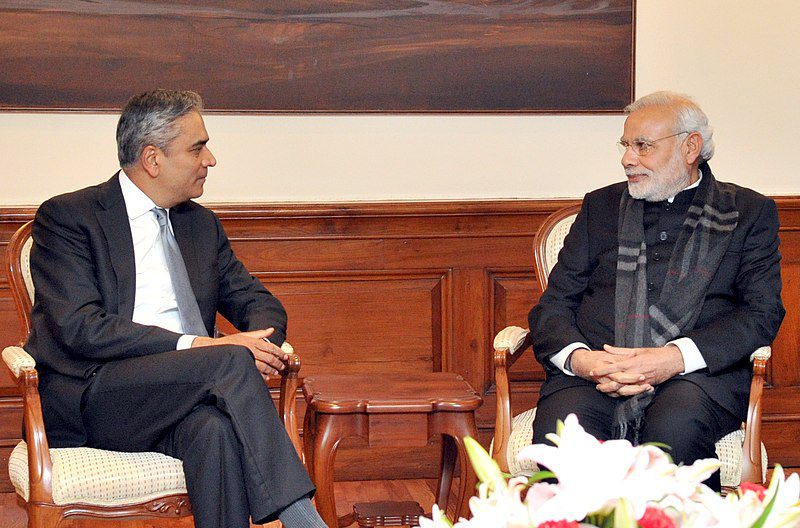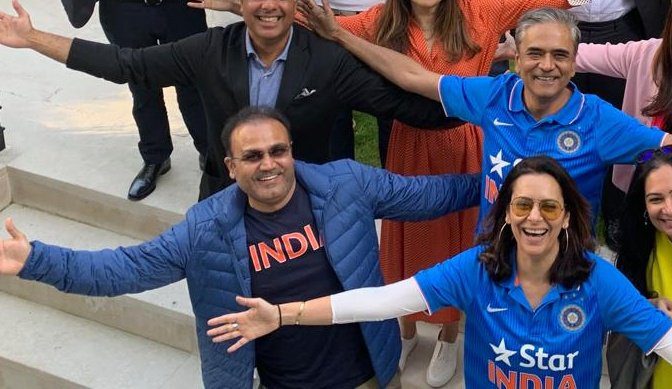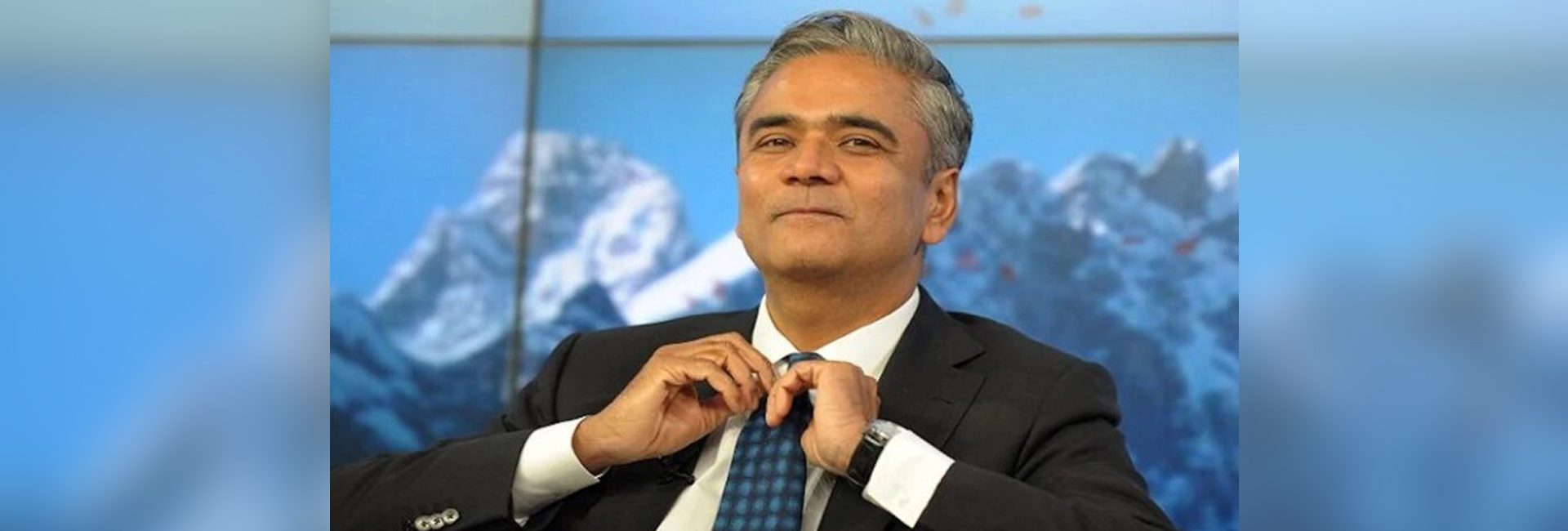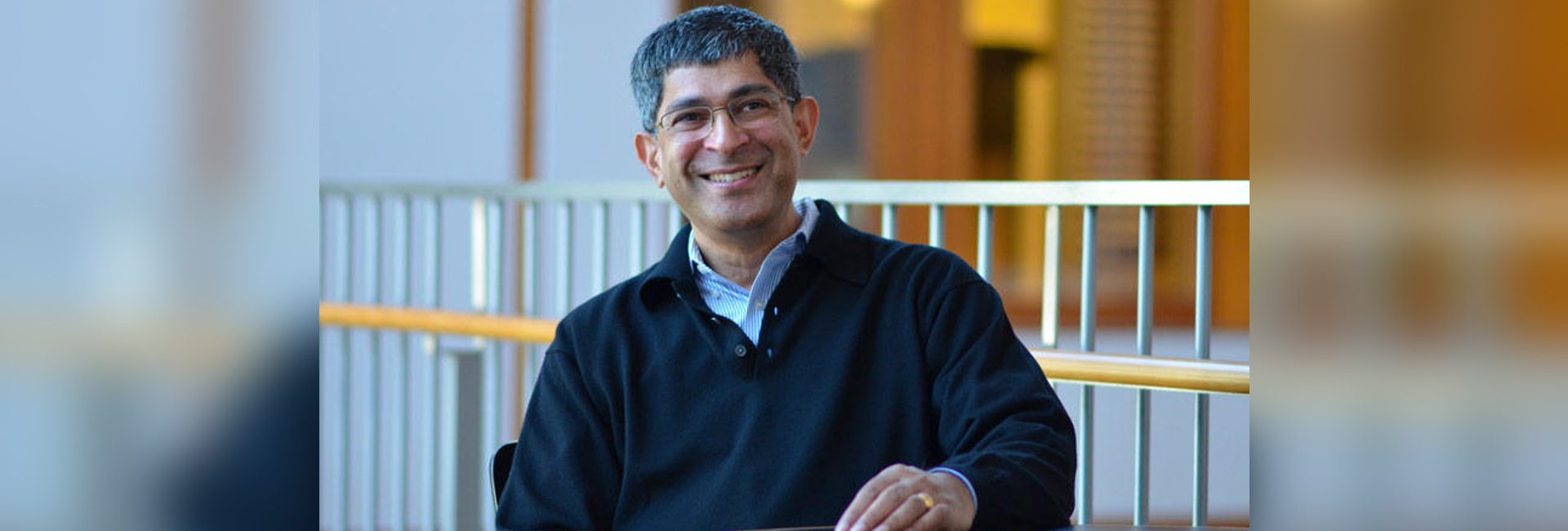(August 17, 2022) In 2017, when banker Anshuman Jain was diagnosed with duodenal cancer – a cancer of the first portion of the small intestine – the doctor informed his family that he had just one year to live. But this survivor was not the one to go down without a fight. After battling the disease for five years, the former co-CEO of Deutsche Bank and the president of Cantor Fitzgerald bid adieu to the world on August 12, 2022, at 59.
“He believed in hard work, meritocracy, operating outside of expectations or conventional boundaries, placing family first, standing by one’s roots (having turned away many attempts to Westernise him in an industry that was often homogenous), in speaking ‘at the margin’ rather than delivering plain facts, in wit and wordplay, in being non-materialistic, and in the importance of having broad-bandwidth and being a ‘scholar-athlete,’” his family said in a statement.

Anshu Jain, the former co-CEO of Deutsche Bank, passed away on August 12
His passing is a big blow to the global banking industry. In a statement, Alexander Wynaendts, Chairman of the Supervisory Board of Deutsche Bank said that Jain’s contributions to the global banking industry are of immense importance. “Anshu Jain played a key role in expanding Deutsche Bank’s position in our global business with companies and institutional investors. Today, this is of strategic importance not just for Deutsche Bank, but for Europe as a financial centre,” he said.
Global Indian takes a look at the life of this humble, intellectual, and aesthete banker, who left a great impression on everyone he met.
An ordinary start to an extraordinary journey
The investment banker was born in Jaipur, into a middle-class family. In various interviews, Jain has credited his father, who was a civil servant for his journey. He encouraged and guided him throughout his journey. Since his father’s job was transferable, Jain moved to various schools before earning his senior secondary certificate from Delhi Public School, Mathura Road.
A brilliant student, the banker joined Shri Ram College of Commerce, the University of Delhi to pursue an undergraduate degree in economics. While most students take three years to graduate, Jain earned his degree in just two. At the age of 19, he enrolled in the University of Massachusetts Amherst, where he earned his MBA in Finance. It was during his master’s days that Jain took an interest in banking and the stock market, and landed his first job at the Wall Street financial major Merrill Lynch soon after earning his MBA.

Anshu Jain, Edie Lutnick, Howard Lutnick, and Jim Buccola during a charity event in 2019
A visionary, Jain had the makings of a global leader from his early days. Speaking to a leading English daily, Gunit Chadha, Jain’s friend for 20 years said, “Sometimes, the term ‘quintessential banker’ makes people feel that that was the boundary of his excellence; in my view, Anshu would have achieved legendary status in any field he chose. Mediocrity was not for him. He sought excellence in everything he did.”
At Merrill Lynch, he worked hard to set up a global hedge fund coverage group. The company’s investment banking head, Edson Mitchell took Jain under his wings and taught him a lot about the business of banks. After Mitchell was hired by Deutsche Bank in 1995, he brought Jain with him to London. And there began Jain’s climb to the top of the pyramid.
Scaling new heights
A strategic thinker, Jain took over the responsibility of Deutsche Bank’s newly formed Global Institutional Client Group in 1997 and managed to expand fixed income into foreign exchange and credit derivatives. In 2003, Jain received the Capital Markets Achievement Award for his outstanding contribution to building and leading Deutsche Bank’s initiatives. While receiving the award, Jain shared his mantra for success. “It’s about trust,” he said, adding, “With cash, repo, rates, plain-vanilla new issues, you touch clients multiple times every single day. We have always striven for leadership in the cash market and that’s what has given Deutsche Bank an edge in the market.”

Jain during a meeting with Prime Minister Narendra Modi
This award was followed by several others – including the prestigious Business Leader Award from NASSCOM – recognizing his contribution to the global banking industry. He took the bank to new heights after becoming its co-CEO in 2012. Under his leadership the German bank didn’t just pay well, it paid extravagantly – with its traders routinely earning $10m-$20m a year, some even more. Reportedly, Jain himself earned about $30m a year in the late 1990s and early 2000s. A great leader, who believed that the key to success is happy employees, once flew in the rock band The Rolling Stones for a Barcelona conference in 2007. Garth Ritchie, the former head of Deutsche’s investment bank, said in a recent interview that Jain will be remembered for his, “intellect and competitive nature,” but also for coaching and guiding the new bankers at Deutsche.
A global leader, Jain often threw light on the other economies of the world, including his home country – India. Talking to the Economic Times, about the Indian economy, he said, “If I had a wish for India, it would be for the country to realize its true potential, perhaps via pushing through much-needed supply-side reforms and making subsidies more efficient.”
Jain left Deutsche in 2015 and became president of Cantor Fitzgerald in 2017. Even after he was diagnosed with cancer he continued working and appearing at public events.
A man par excellence
Jain is survived by his wife, Geetika Jain, and two daughters. One of the best-paid bankers of this generation, Jain sure was always coming in and out of some meeting. However, when he was with his family, he ensured that they got his undivided attention. The banker had informed his staff that he was not to be disturbed while he was on vacation with his family and friends. In fact, he would even switch off his mobile phone to avoid any distractions.

Jain, with his wife Geetika, and dear friend, former Indian cricketer, Virender Sehwag
An avid cricketer and golfer, Jain loved wildlife and wildlife photography. “I try to maintain a good work-life balance,” he told the Economic Times, in a rare revelation about his personal life. “This has become more challenging with my current job as I traveled around 140 days last year, but it is important to keep that compartmentalization and I try to do so the best I can. Particularly exercise, I work out seven days a week. I also read fiction to unwind.”




